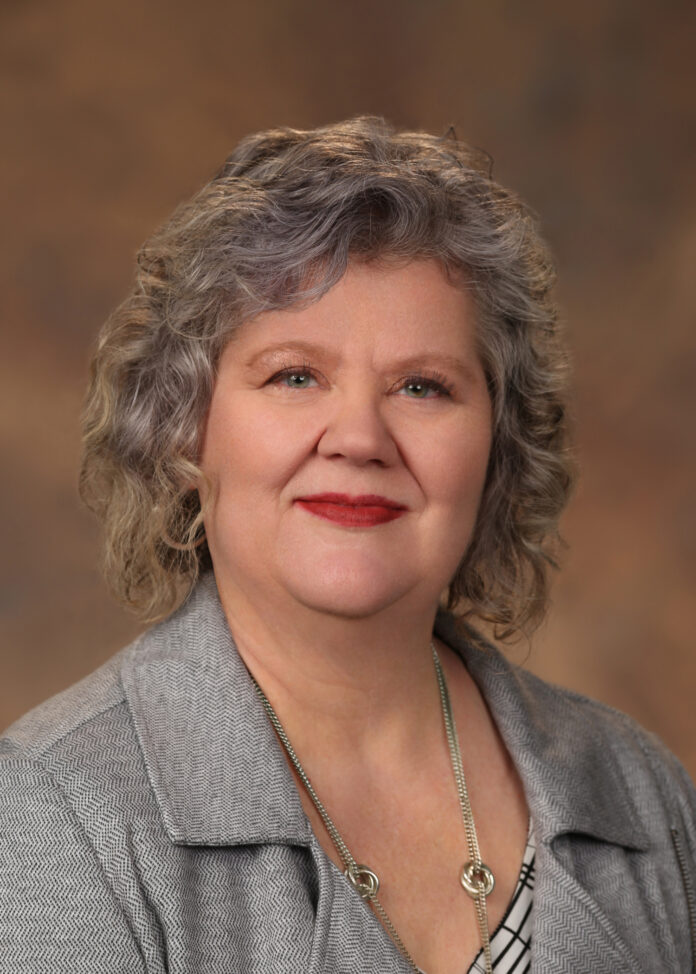
Over the weekend I re-watched the movie Indiana Jones and the Last Crusade. In that movie, Indy is lecturing to his college archeology course and says, “Archaeology is the search for fact … not truth. If it’s truth you’re looking for, Dr. Tyree’s philosophy class is right down the hall.”
I have watched that movie dozens of times over the years; it is a favorite. That quote really stood out to me because it so fits what health care from the provider side and the consumer side is like. We are all trying to find out what is fact versus fiction in a world where there is so much misinformation coming at us from all sides. That is why health literacy is so important. It’s developing the understanding to tell fact from fiction so you can then to make the appropriate decisions about your individual healthcare and possibly the healthcare of those you love.
But, in this crazy world of misinformation how do you tell fact from fiction? First, you must ask questions.
When a health care provider gives you information, literally repeat back to them what you heard them say and ask, “Did I hear you/understand you correctly?”
If they give you a medical term or an acronym you don’t understand, ask them what that means. Doctors, nurses, and all the other health care professionals speak in a world of acronyms and medical terms — and those terms can get very specific to specialties — to the point that sometimes we can’t even understand each other without clarification.
If we cannot understand each other with those very specialized terms, we should know it’s not okay to speak to non-medical people that way, but it’s such a habit, sometimes we forget to define them as we go — and we need you to remind us by asking. Continue to ask until you understand.
Second, do your own research, but make sure your getting research from good sources and good studies.
Good sources are always peer reviewed sites and journals. That means the information published on the site has been validated by experts in the field, it’s not someone’s opinion. Good sources are not ones that have something to gain from your decisions, financially, politically, or in any other way.
For good studies the gold standard is double blinded studies with a large sample size. Double-blinded means neither the researchers nor the participants have any ability to know who is getting the thing being researched, and who is getting a placebo. This works great for things like medications and vaccines and things like that. Everyone gets a pill or a shot, but no one knows except a group who has no real contact with either the researchers or the participants who is getting the “real” thing.
Researchers see numbers, participants see the same looking pill or shot. It takes out any potential biases or personal gains. Sample size is also important.
The bigger the sample the more the researchers can say it works on a broad population, and the more the researchers can say it really works. Say I give 5 people a medication and 5 a placebo. The 5 who got the placebo all got worse, the 5 who got the medication got better. Sounds great right? This med works. But what if I told you all those people were the same sex, the same age, and the same ethnic background.
I can’t say then that it would work on someone who was different in any of those things. But if I do a sample of 10.000 people who get the med and 10,000 who get the placebo and all the ones who get the med get better, it’s much more meaningful. It’s going to be difficult, if not impossible, for everyone to be the same with that big of a sample.
So, the chances are if it works with a group that big, it’s going to work on everyone. The results are solid because there is no bias or personal gain with the double blinding and it has been tested on all sorts of different people with the sample size.
Unfortunately, double blinded studies don’t work so well in some cases. Sometimes double blinding isn’t ethical or possible. A good example of this is a new surgical technique. A surgeon can’t be blinded to his patient — he must have contact with the patient for that patient’s safety.
Say that surgical technique is to remove cancer tumors from the spine more safely. How can that surgeon ethically say to one patient over another with everything else being equal, I am going to give this person the surgery, and not you because we need to see that you will do worse (knowing that is exactly what will happen).
In that sort of study, sample size versus outcome is even more important. A surgery technique that has been tried on 3,000 cases with 1 complication is extremely safe. A surgery technique with 3 cases and 1 complication, not nearly so.
You and you alone control your health literacy, and the best way to do that is to ask questions. The best health care providers in the world cannot read minds to make sure you understand, and they cannot give you the information you need to know to make good decisions if you don’t ask questions.
Ask questions in your personal research by looking at sample size and for double-blinded studies. Be cautious about taking health advice from internet sites that might have a gain in your decisions or do not use peer reviewed research sources to back up their statements. Be especially cautious of those that avoid answering questions. Ask questions because your health literacy matters, during health literacy month, and every month.



